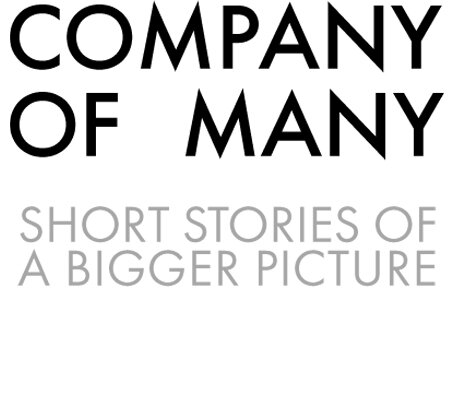3 October 2020: A night in Suruç
It’s nothing new by now, but language is a challenge as we move up the trail. What’s continuously amazing, however, is that the lack of language does in no way obstruct the kindness that the willing can express. We walked nineteen kilometers today and found our way between Sanlıurfa and Suruç mostly thanks to people’s kindness, chai and hand gestures. When Ahmet finally decided we could stay at his place for the night, he took us into a stellar flat in Suruç-centre, where wife and child were awaiting him.
As he preceded us into the front door, our spontaneous host called out, “Fatmah...”
There’s little language needed to recognize when a husband is preparing himself for the awkward conversation with his wife when he knows he’s springing a surprise on her. Ahmet and Fatmah have been married for two years. While taken aback at first, Fatmah has taken on the unexpected visitors like a champ.
But Fathmah, though bewildered and bemused, steps in and makes it work. She asks us politely, “I am sorry, it is not for me, but for the baby - there is a virus … are you both healthy?” We assure her, yes.
And then, she takes it on herself to help me: do I want to wash my face? Do I know how to work the ekmek bread to roll a good Kurdish pizza? She has a one-year-old who can be found breaking down the house at any given moment and she’s five months pregnant. Her husband has brought her a two-person surprise to stay the night. I want to hug her tightly and tell her sorry and but also thank you a thousand times.
Truth be told, a thousand liters of tea later, nearing eleven o’clock in the evening, I am shattered and ready to go to sleep. A bed has to be made up. We want to dump our stuff. We stay polite. Our hosts stay polite. More tea.
It wasn’t until a few hours later in the evening, after the neighbours’ kids had even come to have a look at the foreign passers-by, that we learned more about Fatmah: “I think she’s a little tired”, her brother-in-law, who had been summoned to the apartment for his English proficiency, has confided. “She is five months pregnant, you see. And only two days ago, she lost a cousin. He was only in his early forties, with a wife and children. Cancer, a bad way to go.”
When I wake in the morning, it is on the low mattress in a room that seems to be furnished only with a huge clothes wardrobe. We try to unravel the Sunday morning sighs of an unknown family. There is a tension in the air, I think - which, if this were my house and my small family, I think would be well-explained by the very presence of these strangers in the house. I try to calculate how to pack in swiftly, to be on our way soon and save everyone the inconvenience. On my way to the bathroom I pass Fatmah, in the kitchen, who laughs a little when I stumble over a toy car. “You really do get to have breakfast first”, she says. “Please.” I sink into the creaky living room sofa, where the family’s mattresses are still piled up. It dawns on me slowly that the tension is maybe more like care.
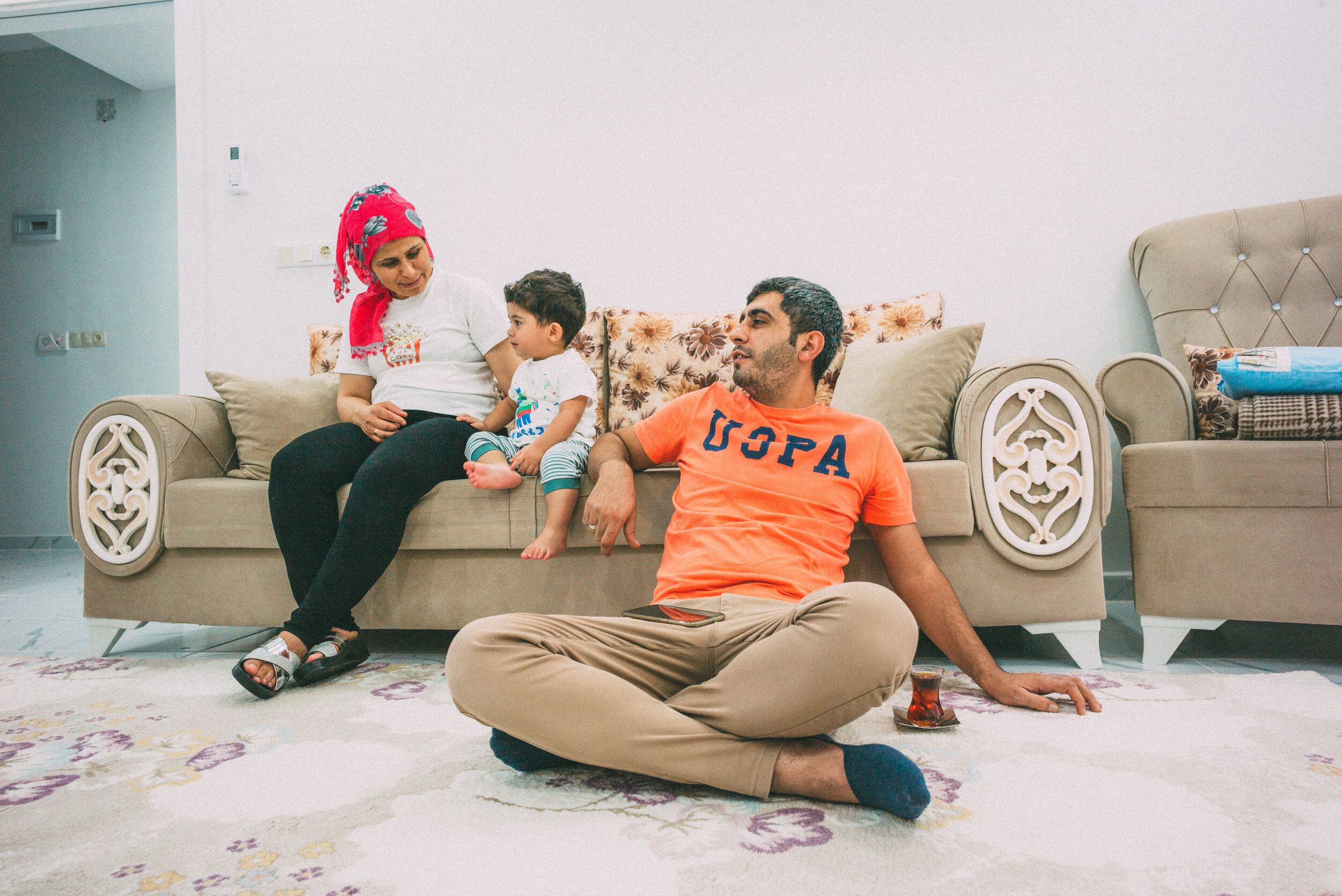
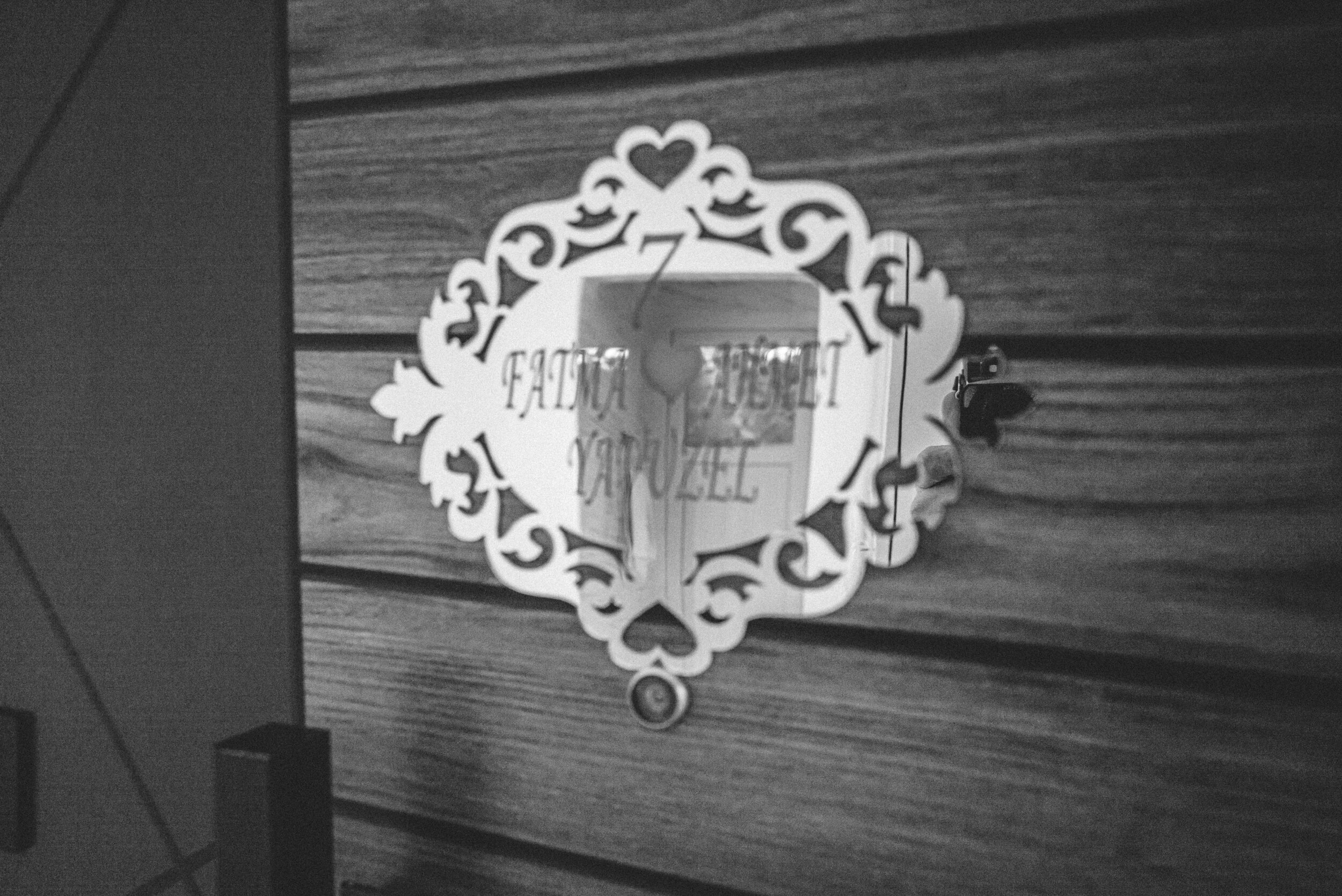
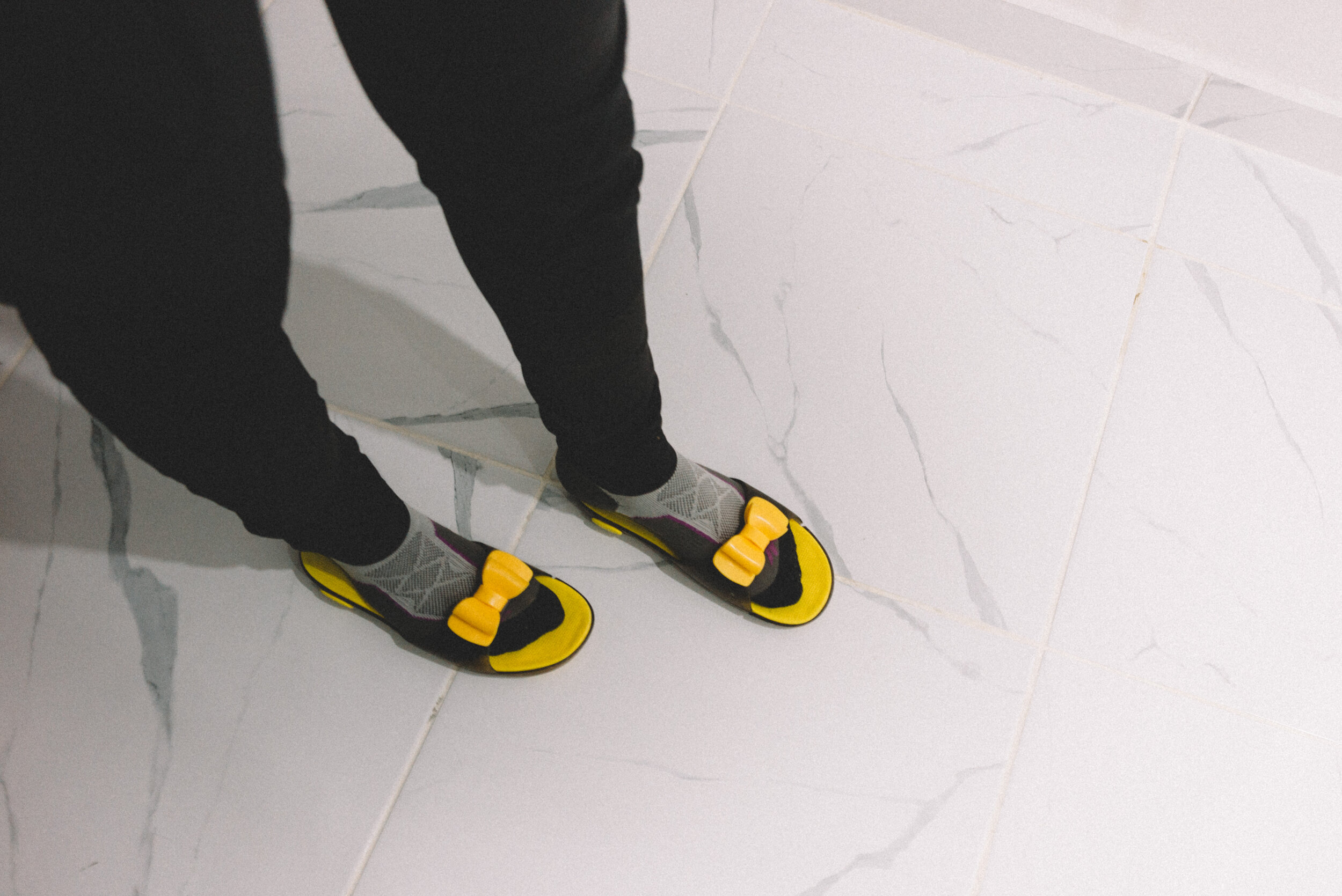
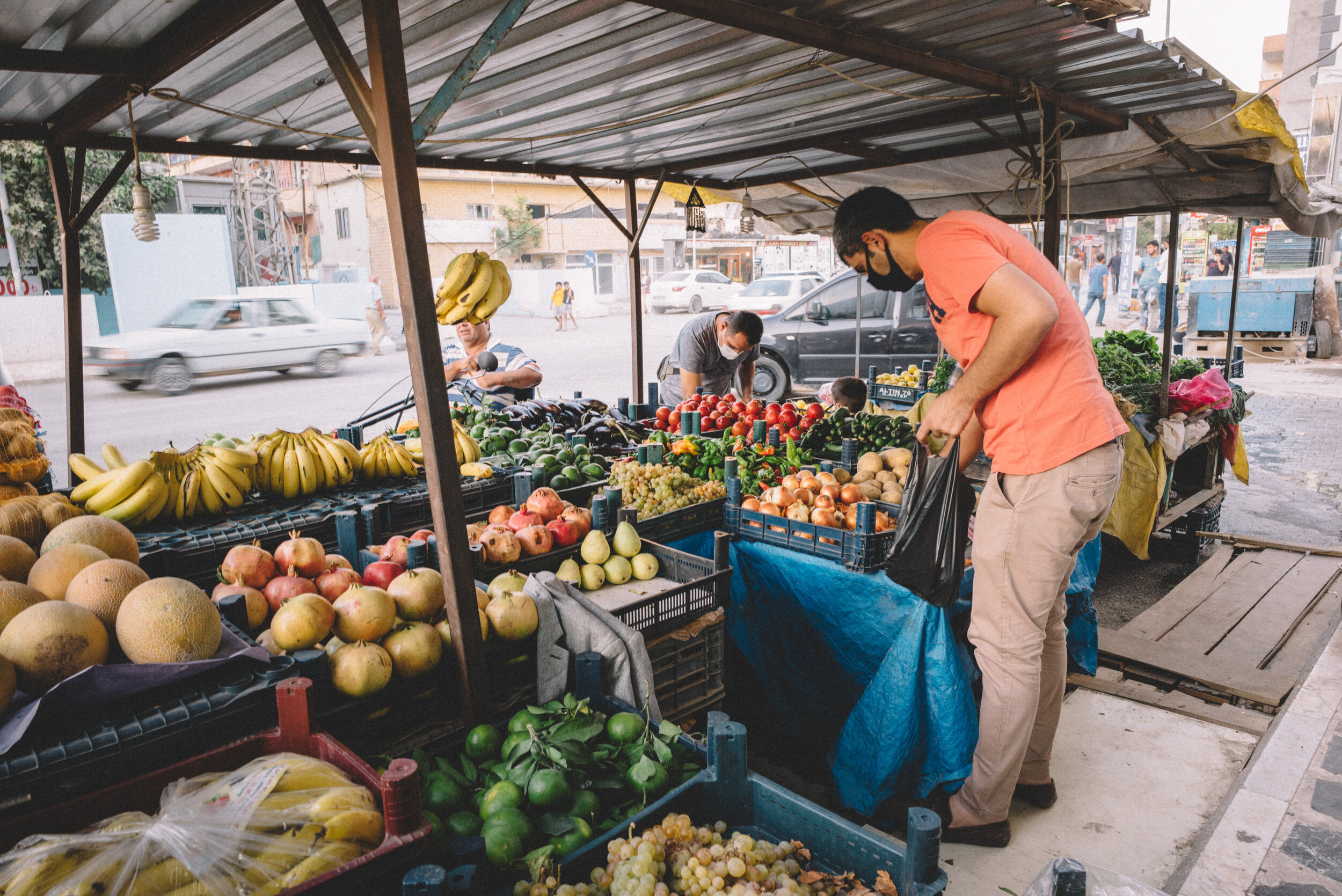
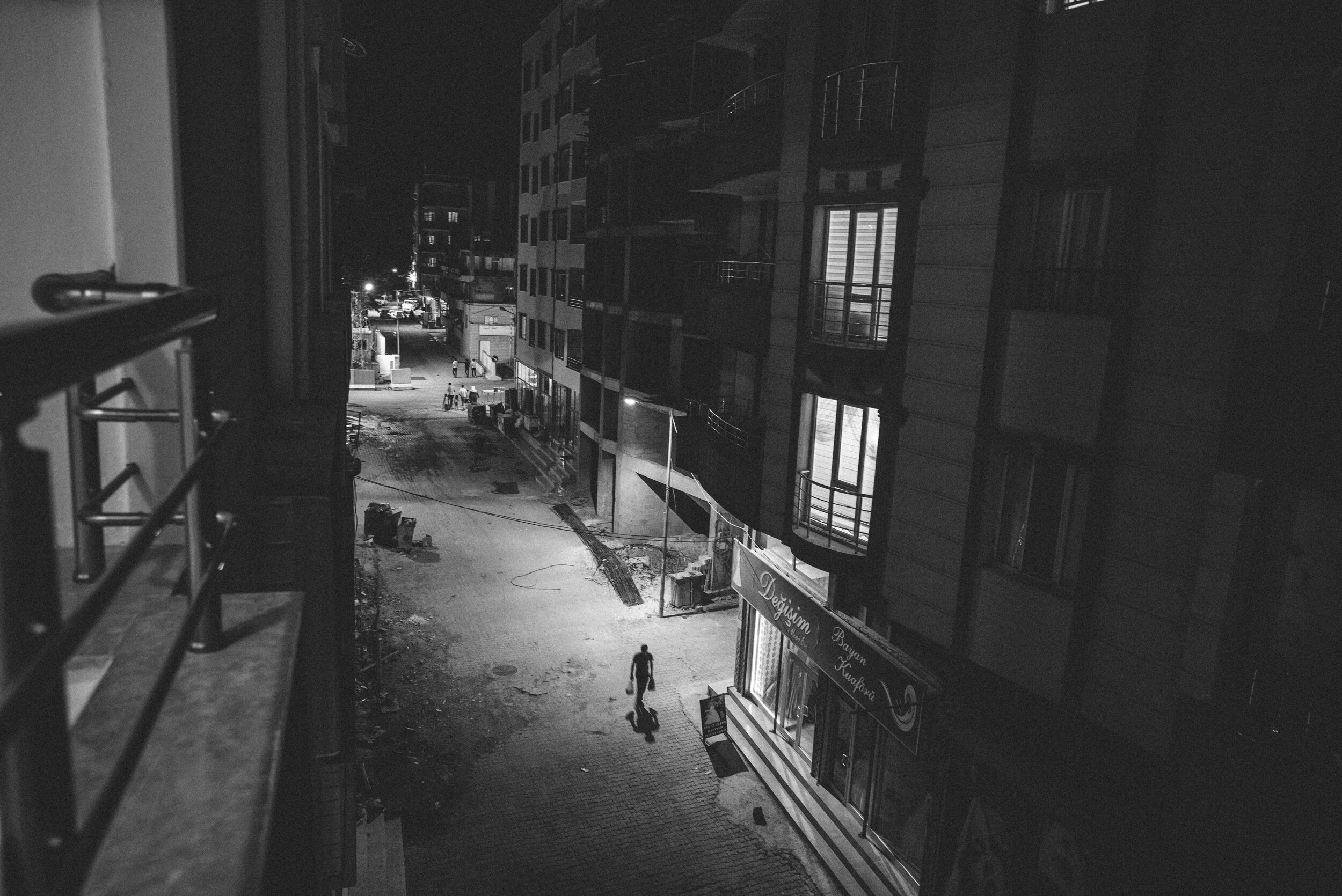
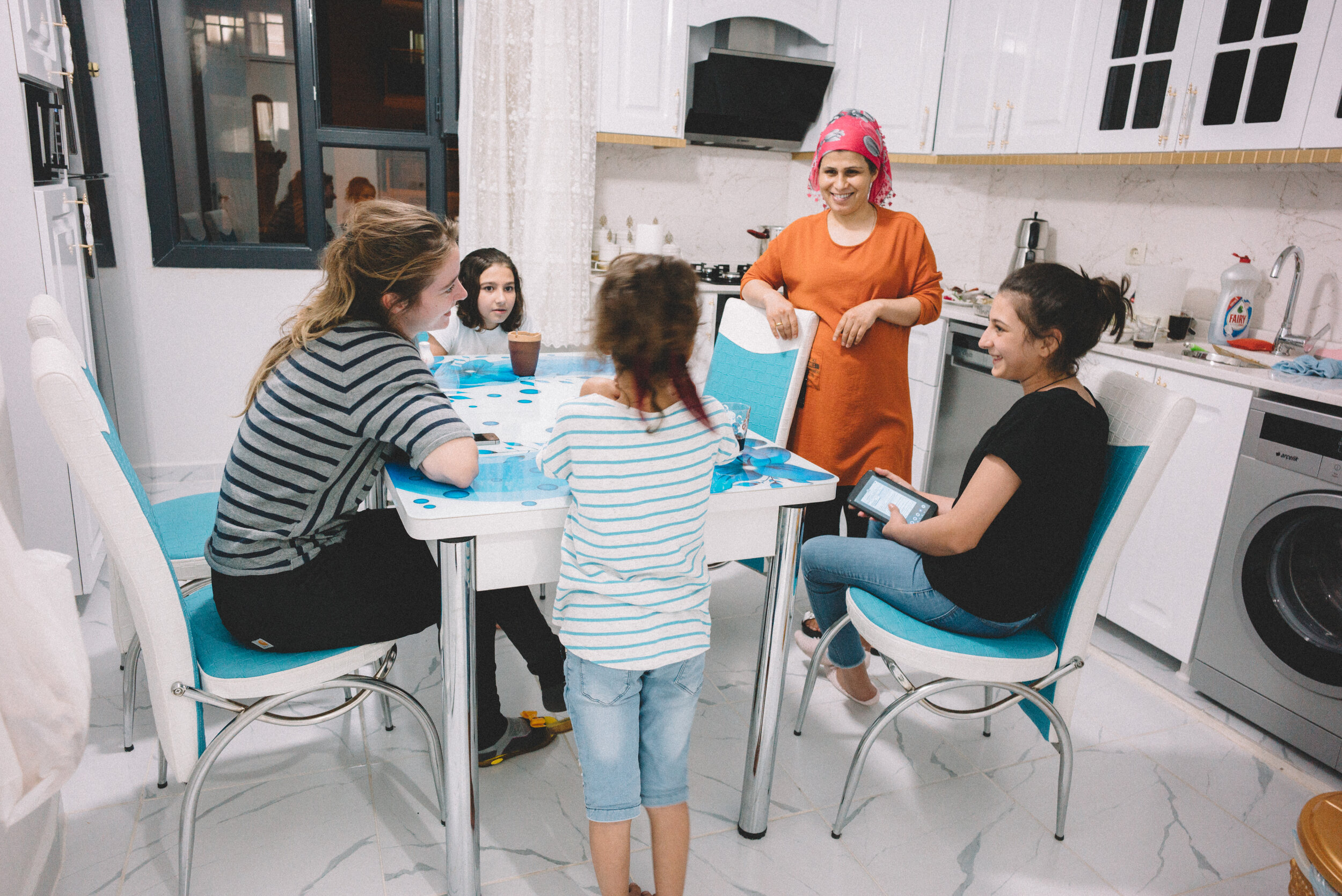
A subscript on the power of names:
In December, a month and a half after our return and two since we spent the night in Suruç, Daniel receives a text message from Ahmed: “We are glad that you both are good. We have news that we think will make you happy.” Fatmah is expecting a girl, the couple now knows. They’ve been searching for names. Ahmed’s mother has recently deceased, and it is only natural that they should honor her. The text: “We were looking for the second name next to my mother’s name.” Did we know, in Kurdish Lisa can be derived from ‘the bird that makes its home’?
I sit in a cold Paris apartment when I hear about this. I’m sitting in a cold Amsterdam apartment now, typing, waiting to be sent the “baby Lisa photos”. She will be born in the new year.
